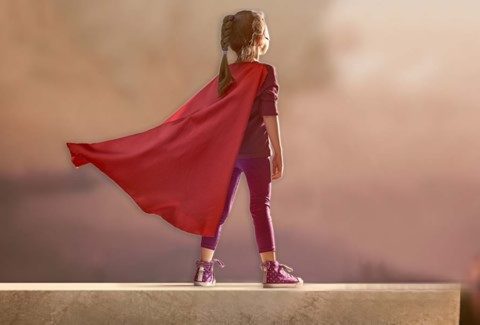Understanding AHCCCS and KidsCare
Access to healthcare is a fundamental right, yet navigating healthcare systems can often be stressful and overwhelming. Luckily, the Arizona Health Care Cost Containment System (AHCCCS) and KidsCare programs were designed to provide healthcare coverage to low-income individuals and families. Whether you’re new to AHCCCS/KidsCare or seeking a deeper understanding of its services, NOAH is here to provide you with a starting point on everything you need to know.
What Is AHCCCS?
AHCCCS is Arizona’s Medicaid program, designed to provide comprehensive healthcare coverage to individuals and families who meet certain eligibility criteria. Established in 1982, AHCCCS is jointly funded by the federal and state governments and administered by the Arizona Health Care Cost Containment System Administration.
Who Is Eligible for AHCCCS?
Eligibility for AHCCCS is primarily based on income and other factors such as age, disability, and family size. Eligible individuals include but not limited to:
- Low-income families with children
- Pregnant women
- Seniors
- Individuals with disabilities
- Women who want screening for breast or cervical cancer
It’s important to note that eligibility criteria may vary, and applicants should check with AHCCCS or NOAH’s community resource specialists for the most accurate information.
What Services Does AHCCCS Cover?
AHCCCS provides a wide range of healthcare services, including but not limited to:
- Doctor visits
- Hospital services
- Prescription medications (not covered if you have Medicare)
- Lab and X-rays
- Behavioral health services
- Dental treatment (for children under age 21)
- Vision exams (for children under age 21)
- Transportation to medical appointments
- Immunizations
Choosing a Health Plan
Once enrolled in AHCCCS, individuals are required to choose a health plan from a list of care organizations. These health plans vary in terms of covered services, provider networks, and benefits.
How Much Does AHCCCS Cost?
While AHCCCS provides coverage for most healthcare services, some services may require copayments. Copay amounts range from $0 to $30 depending on the type of service. Some people and certain services are exempt from copayments which means that no mandatory or optional copayments will be charged.
KidsCare
What Is KidsCare?
KidsCare is designed to help families who earn too much for AHCCCS (Medicaid) yet earn too little to afford to pay for health insurance for their children.
Who Is Eligible for KidsCare?
In general, an applicant may qualify if they are:
- Under the age of 19
- A U.S. citizen or a qualified immigrant
- An Arizona resident
- Under the income limit
- Not eligible for AHCCCS coverage
- Not currently covered by other health insurance
What Services Does KidsCare Cover?
For those that meet the eligibility requirements, KidsCare covers healthcare services including but not limited to:
- Doctor visits
- Immunizations
- Hospital services
- Emergency room care
- Lab and X-rays
- Prescription medications
- Dental treatment
- Vision care
How Much Does KidsCare Cost?
KidsCare will cost no more than $50 a month for one child or no more than $70 a month no matter how many children are in the household. The amount a family pays depends on their income and number of children.
What Is the Difference Between AHCCCS and KidsCare?
KidsCare specifically targets children, while AHCCCS serves a wider population including children, pregnant women, seniors, and individuals with disabilities. Additionally, the benefits and services covered may vary between KidsCare and AHCCCS due to differences in program design and guidelines.
How Do I Know If I Qualify for AHCCCS or KidsCare?
Deciding on the right program can be overwhelming, which is why NOAH’s community resource specialists are here to help. Schedule an appointment so our specialists can help you apply for AHCCCS, KidsCare, and notify you of any other services that might be available to you.
What to Bring to Your Appointment
Once you’ve set up a meeting with a NOAH community resource specialist, make sure you bring these documents with you to your appointment. If you’re missing any, don’t worry, our specialists can still help you.



